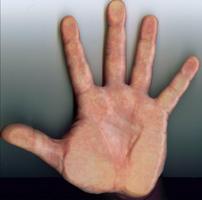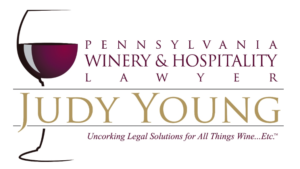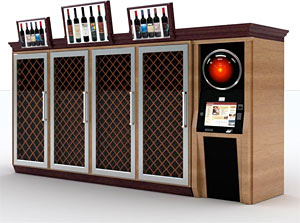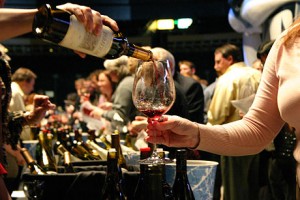Have you suffered adverse consequences in your Pennsylvania restaurant, winery or hospitality business this year by being far too trusting? Did you rely on mutual trust by conducting your business strictly on the basis of a handshake? Perhaps you found yourself in the middle of an ugly verbal confrontations of “he said, she said “ telling the other party to ‘talk to the hand”?
hospitality business this year by being far too trusting? Did you rely on mutual trust by conducting your business strictly on the basis of a handshake? Perhaps you found yourself in the middle of an ugly verbal confrontations of “he said, she said “ telling the other party to ‘talk to the hand”?
If so, now might be the time to formalize your Pennsylvania restarurant, winery or hospitality business infrastructure by putting your future agreements in writing. Why? Because parties often forget the terms of their oral agreements. While oral agreements often exist, they can be difficult to prove and to enforce. A written contract will help you guard against confusion, misunderstandings and the forgetful mind as you go about your day to day business operations.
Whether you make agreements with your local suppliers for daily produce deliveries or your favorite caterer to reserve banquet room or tasting room space, a written contract is a sound business practice. Routinely, hospitality businesses often find it objectionable to draft contracts for every single business transaction. Oftentimes the cost of retaining a lawyer might appear to out way the benefits derived from memorializing mutual promises. In these instances you may want to alternatively consider having your attorney prepare form agreements that can be used multiple times and can prove to be cost effective. In the event of a dispute, having your written agreement for purchases, catering, or meeting space can be very beneficial.
The written agreement doesn’t have to be a complex document full of legal mumbo jumbo. It should be in plain english and contain certain essential provisions. Thus when promises between the two parties are not kept and contract obligations go un-fulfilled, you will be on stronger legal ground to pursue economic remedies for your losses.
For example, lets imagine that the local tour bus company in your area contracts with 40 of its customers to participate in a tasting at your winery or dinner at your restaurant. When the tour group arrives they find your establishment is unable to accommodate the prior reservation. Perhaps the tour bus company oversold the event. Your understanding was that you agreed to twenty customers not forty. The tour bus company because of the confusion and misunderstanding may now find itself in breach of its contract with its patrons. The tour bus company then pursues litigation against your establishment for failure to provide food and/or alcohol services to their customers. Do you see where this is headed? Hence the best way to avoid these circumstances is to get your agreements in writing.
If and when a disagreement arises, you won’t have the need to shout “talk to the hand”. Instead you can produce your written contract of what he said, she said that was intended to safeguard against any subsequent misunderstandings.
Your interests are now protected.

 hospitality business this year by being far too trusting? Did you rely on mutual trust by conducting your business strictly on the basis of a handshake? Perhaps you found yourself in the middle of an ugly verbal confrontations of “he said, she said “ telling the other party to ‘talk to the hand”?
hospitality business this year by being far too trusting? Did you rely on mutual trust by conducting your business strictly on the basis of a handshake? Perhaps you found yourself in the middle of an ugly verbal confrontations of “he said, she said “ telling the other party to ‘talk to the hand”? 
 against liquor liability claims this summer this is a good time as any, to pause and take note of a few useful tips.
against liquor liability claims this summer this is a good time as any, to pause and take note of a few useful tips.